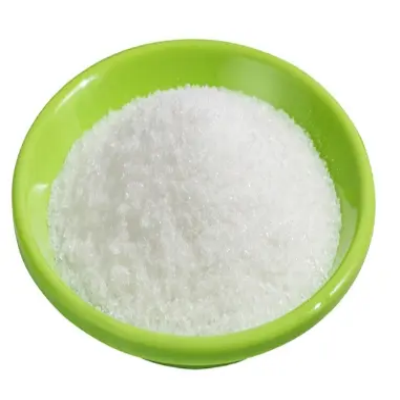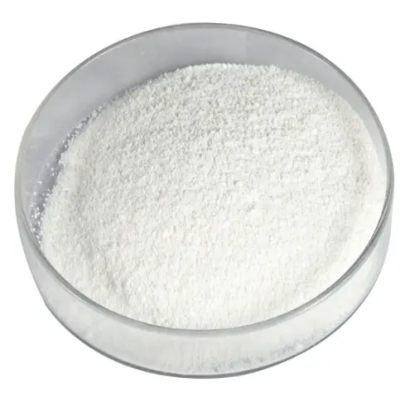Lasmiditant CAS:439239-90-4
Lasmiditan exerts its therapeutic effects by selectively activating 5-HT1F receptors located on cranial blood vessels and nerve terminals. Unlike triptans, which constrict blood vessels, Lasmiditan inhibits the release of pro-inflammatory neuropeptides and reduces the dilation of blood vessels associated with migraine attacks. This unique mechanism provides relief from migraine symptoms without the cardiovascular risks posed by vasoconstrictive agents. Clinical Applications The primary indication for Lasmiditan is the acute treatment of migraine with or without aura in adults. Clinical trials have demonstrated its efficacy in rapidly alleviating headache pain and associated symptoms such as nausea, photophobia, and phonophobia. Its effectiveness appears consistent across different migraine presentations, offering flexibility in treatment options. Pharmacokinetics Lasmiditan is orally administered and exhibits rapid absorption, with peak plasma concentrations achieved within approximately 2 hours. It has a relatively long elimination half-life, supporting sustained therapeutic effects and potential for extended dosing intervals compared to traditional migraine therapies. Metabolism occurs primarily via hepatic enzymes, notably CYP3A4, with renal excretion of metabolites. Safety and Tolerability Clinical studies have established Lasmiditan as generally well-tolerated, with common adverse effects including dizziness, fatigue, and paresthesia. Importantly, it lacks the vasoconstrictive properties that can pose risks in patients with underlying cardiovascular conditions. However, caution is advised in individuals with significant cardiovascular disease due to potential transient increases in blood pressure observed in clinical trials. Future Directions Future research directions for Lasmiditan include: Long-term Safety: Continued monitoring to assess its safety profile in real-world settings, particularly in patients with comorbid cardiovascular conditions. Combination Therapies: Exploration of its potential in combination with other migraine treatments to enhance efficacy and tolerability, potentially improving outcomes for patients. Special Populations: Further investigation into its safety and efficacy in special populations such as pediatric and elderly patients to expand treatment options. Conclusion In conclusion, Lasmiditan represents a significant advancement in migraine management, offering a non-vasoconstrictive alternative for acute treatment. Its distinct mechanism of action and favorable safety profile make it a valuable addition to therapeutic options, addressing unmet needs in patients with cardiovascular risks. Ongoing research will continue to refine our understanding of Lasmiditan's role in migraine treatment, potentially shaping future clinical practices and benefiting individuals affected by this debilitating condition.



| Composition | C19H18F3N3O2 |
| Assay | 99% |
| Appearance | white powder |
| CAS No. | 439239-90-4 |
| Packing | Small and bulk |
| Shelf Life | 2 years |
| Storage | Store in cool and dry area |
| Certification | ISO. |








![tert-butyl 2-(3-amino-2-oxo-2,3,4,5-tetrahydrobenzo[b]azepin-1-yl)acetate CAS:98626-45-0](https://cdn.globalso.com/xindaobiotech/K@NIE7HBAEP6E7J7DS40.png)
![5,6-Dihydro-3-(4-morpholinyl)-1-[4-(2-oxo-1-piperidinyl)phenyl]-2(1H)-pyridinone CAS:545445-44-1](https://cdn.globalso.com/xindaobiotech/14Z4YR3PJ6@V5_YM281.png)